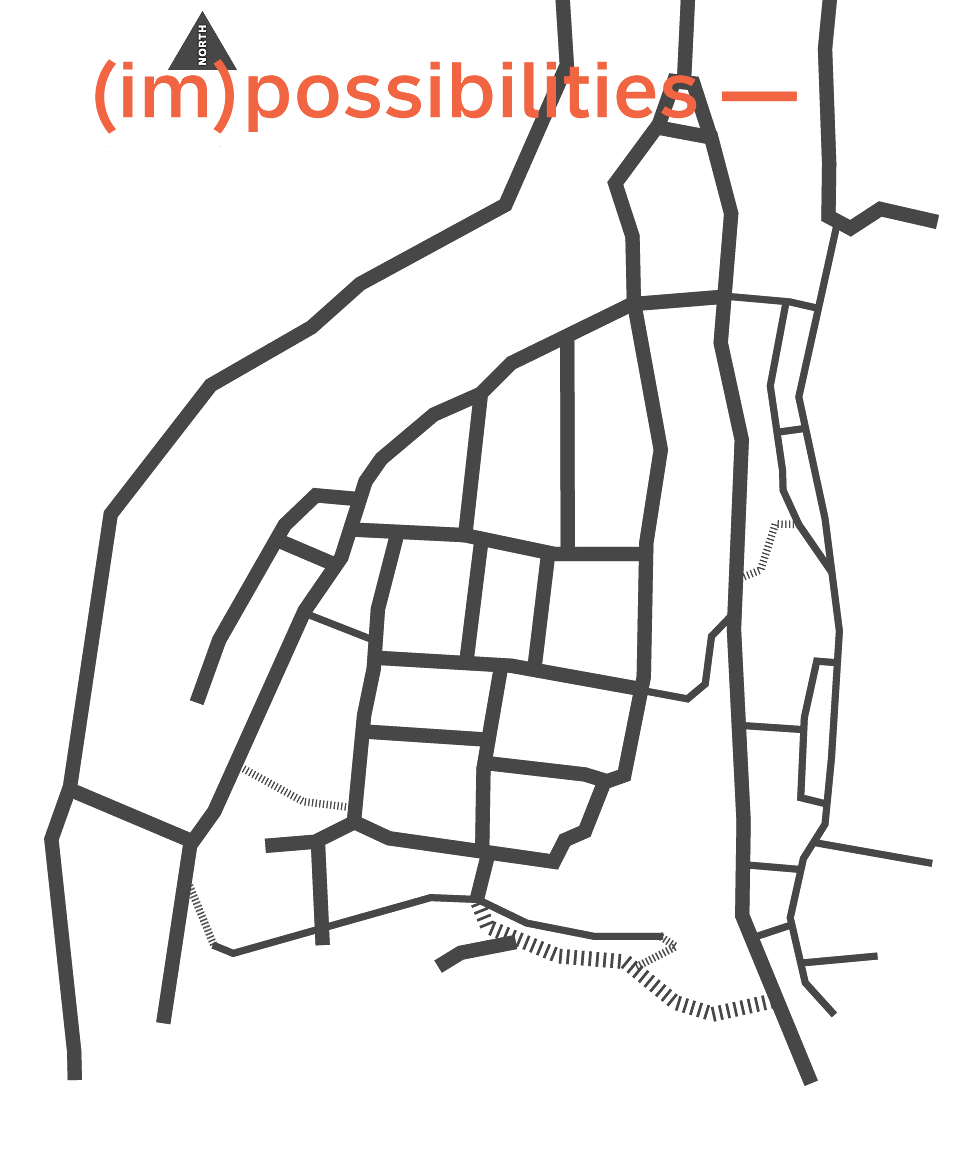Underground cinema
William Raban, About Now MMX (28’, 2010)
Želimir Žilnik, Crni film (Black Film) (14’, 1971)
film program
Tunnel Grič
Thursday, 7.10., 18,00
Aiming to revitalize a whole range of neglected and unused Upper Town spaces, the festival’s film program will take place in the Grič Tunnel, one of the underground tunnels beneath Upper Town which is still waiting for its conversion from a military object into The Museum of Senses.
From an arsenal of mechanisms for social control, UrbanFestival’s film program emphasizes social norms as control mechanism, as well as social contrasts and various aspects of segregation of urban population.
William Raban has been continually occupied with urban space, especially with East London which he has been systematically documenting for the past twenty years. The film About Now MMX continues the experiments with film (de)composition using surveillance camera footage from Balfron Tower. The author’s experiment combined with the music of David Cunningham has resulted in a portrait of London showing the social contrasts of the city and the rhythm of urban changes.
Žilnik’s Black Film is one of his early works, close to Warhol’s film antipoetics, and it criticizes the social, economic and political everyday. It deals with a marginalized stratum of society – the homeless – trying to, at first glance absurdly, solve their life’s problems.
Bio William Raban (1948) sees the film screen simultaneously as a window through which the outside world is projected, as a mirror reflecting the process of filmmaking, and a space into which the viewer can inscribe his/her own experience. With an aim to resist passive consumption, he encourages the audience to actively participate in the construction of meaning. He started his film carrier in the 1970s, and his early works were shown in 2000 at an exhibition Live in Your Head in London’s Whitechapel Art Gallery and at an exhibition SHOOT SHOOT SHOOT in Tate Modern. The films he made in the last twenty years have been shown on British TV and numerous international film festivals (Marseilles, Lisbon, Leipzig, Amsterdam). In 2004, The British Film Institute released a DVD with a selection of Raban’s films and a documentary about his work.
He also writes for specialized magazines such as Vertigo and Filmwaves, and is a counselor for art film with the Arts Council England. As a lecturer, he worked at the prestigious Saint Martin School of Art, and currently teaches at The London College of Communication.
Bio Želimir Žilnik’s (1942) socially engaged films and documentaries in formerYugoslavia earned him critical accolades (The Unemployed, 1968, Best Documentary at the Oberhausen festival, 1968; Early Works,1969, Best Film at Berlin Film Festival), but also censorship in the 70s for his unflinching criticism of the government apparatus. Low budget filmmaking and challenging political themes mark Zilnik’s prolific career that includes over 50 feature and documentary films and shorts.
His power to observe and unleash compelling narratives out of the lives of ordinary people is the common thread throughout his documentary and docu-drama work. More recently, his focus has shifted beyond the divided Balkans to question its relationship with the tightening controls of European borders, delving into the heart of issues of refugees and migrants.


